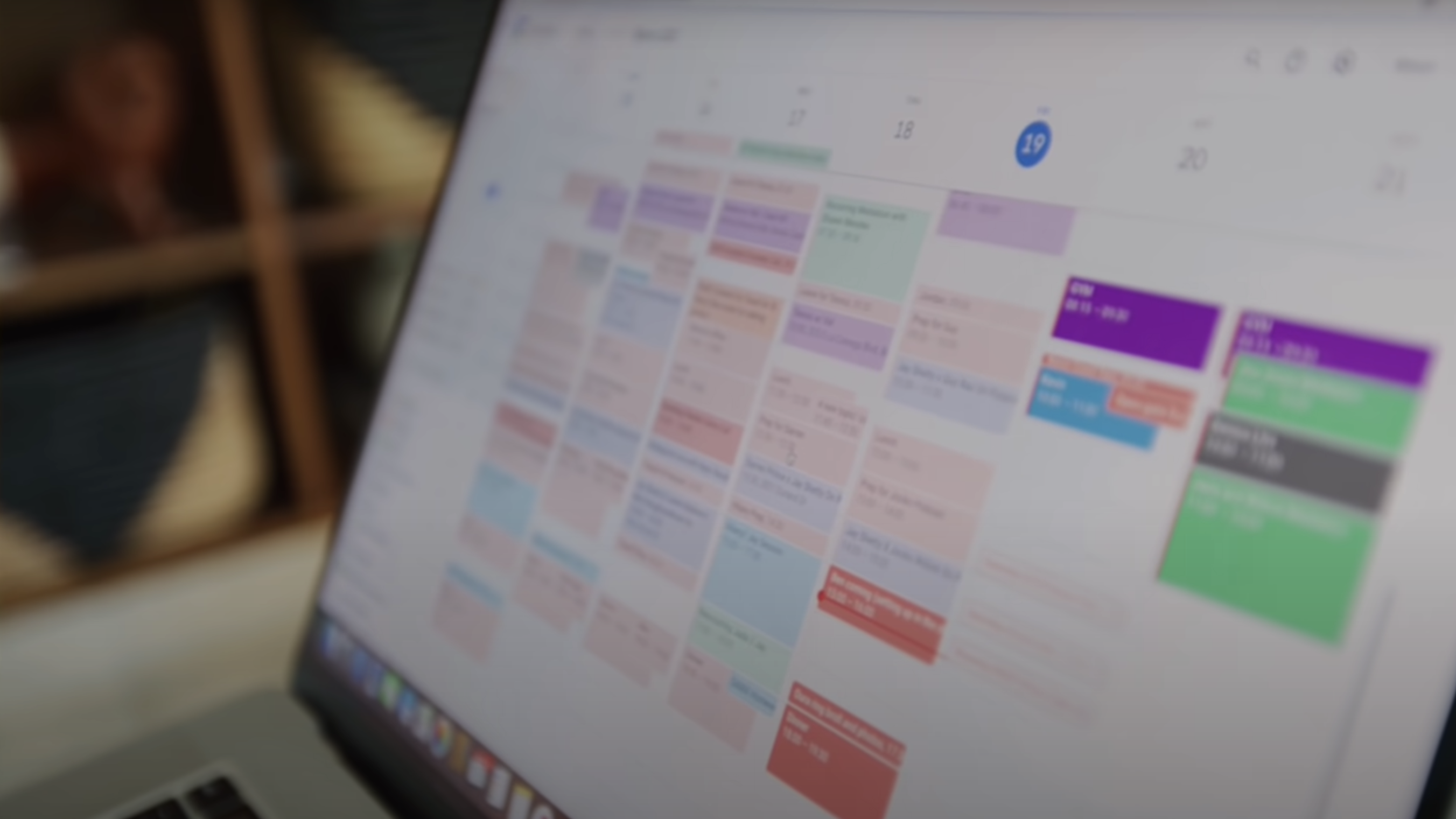It might just be me, but I don’t think that I have personally ever seen anyone (and I am talking about working adults only here) go through a whole workday with a positive, motivated attitude.
Well, that might not be entirely accurate. I remember my first job out of college was fun. Most of the workforce was also fresh out of college, many of whom were from my college and my friends. It was all fun, and we used to get paid for it. But time and responsibility have weight and can slow you down.
There is no avoiding responsibility; it is an integral part of life and growth. And responsibility is not a bad thing; a lot of us get motivated because of the responsibility we have.
However, several things could happen during your day that could bring down your enthusiasm and energy during the day, such as getting late for a meeting because you were stuck in traffic, getting yelled at by your manager, having a disagreement with your spouse, having to discipline your child, having the water stop halfway through a shower. The list can be endless!
So, what can you do to remain as motivated as you can during the day? Here are three simple tips you could use that might help you stay motivated right through the day.
Sleep

How often have you stayed up through the night and started your day crankily and performing far less than your usual efficiency? Getting optimal rest at night is vital to having an efficient day. I know I am a lot more motivated to get to work when I have slept well and am definitely a lot more pleasant to be around.
We have covered the importance of a good night’s rest in several of our blogs and have a few that we have gone into more detail on, such as 7 ways to better understand your Sleep Cycle and Are you an early riser or a night owl? Which sleep pattern is best when studying for the online master’s degree?
Reactivate your senses

As human beings, we can react positively or negatively to what we see, hear and smell—sight, sound, and scent.
How often have you gotten distracted by something playing on the television only to realise that you delayed what you were supposed to do?
How often has your efficiency improved when working to the beat of a song? I remember driving home from my grandparent’s place (about 600 kilometres) and listening to an album with a collection of songs from different artists. I was so caught up in the music that I think it was the fastest (DO NOT SPEED, PLEASE), smoothest and most enjoyable drive I have ever had.

And finally, how often has something you smelled in the air taken you to your childhood and calmed you right down? The smell of cookies always takes me back to Christmas mornings as a child and fills me with happiness. It reminds me of waking up and seeing the Christmas tree.
So, when you wake up in the morning, don’t go straight to your phone. You never know what you will see there; you have no control over it. It might be a message that is just going to get you all wound up. Let the first thing you see be something that inspires you or something you love or, if you are religious, something motivational from a sacred text. And your day is already off to a bright start.
And stay away from cute cat videos on YouTube; you will never get anything done.
I have already said what music can do for you, but it also can cut down on the static noise around you that can distract and disturb you. It will help you focus your attention on what you are doing. Not everything will help you focus; some might even distract you. So, find what works for you.
Last but not least, the sense of smell. I keep a scented candle with a scent that I have come to associate with peace of mind in my room. It is not always lit, but I light it up when I feel stressed, and I know it helps me calm down quicker.
Be in the present

When we are working or studying, many of us are thinking of the next thing we must do. We are very seldom focused on what we are doing, resulting in not doing justice to what we must get done right now. And when we don’t do things right, we get demotivated. And then the downward spiral of your day begins. Hopefully, by activating your senses, you will be better able to focus on what you are doing, thereby finishing your tasks efficiently and staying motivated throughout the day.
We understand that the challenges of doing a master’s degree online, along with working and managing your family, can get stressful, and there might be times when you feel demotivated. Hopefully, these three tips will help you stay motivated a little longer.
What other thing did you do to stay motivated right through your day? Let us know in the comments. We would appreciate it.

If this blog has motivated you to challenge yourself and do a master’s degree, then have a look at our list of programmes and see if we have anything you are interested in doing.
You can also chat LIVE on WhatsApp with one of our Education Advisors for more information on the programme that is right for you, the application process, and details on discounts we might be offering at this time.






























